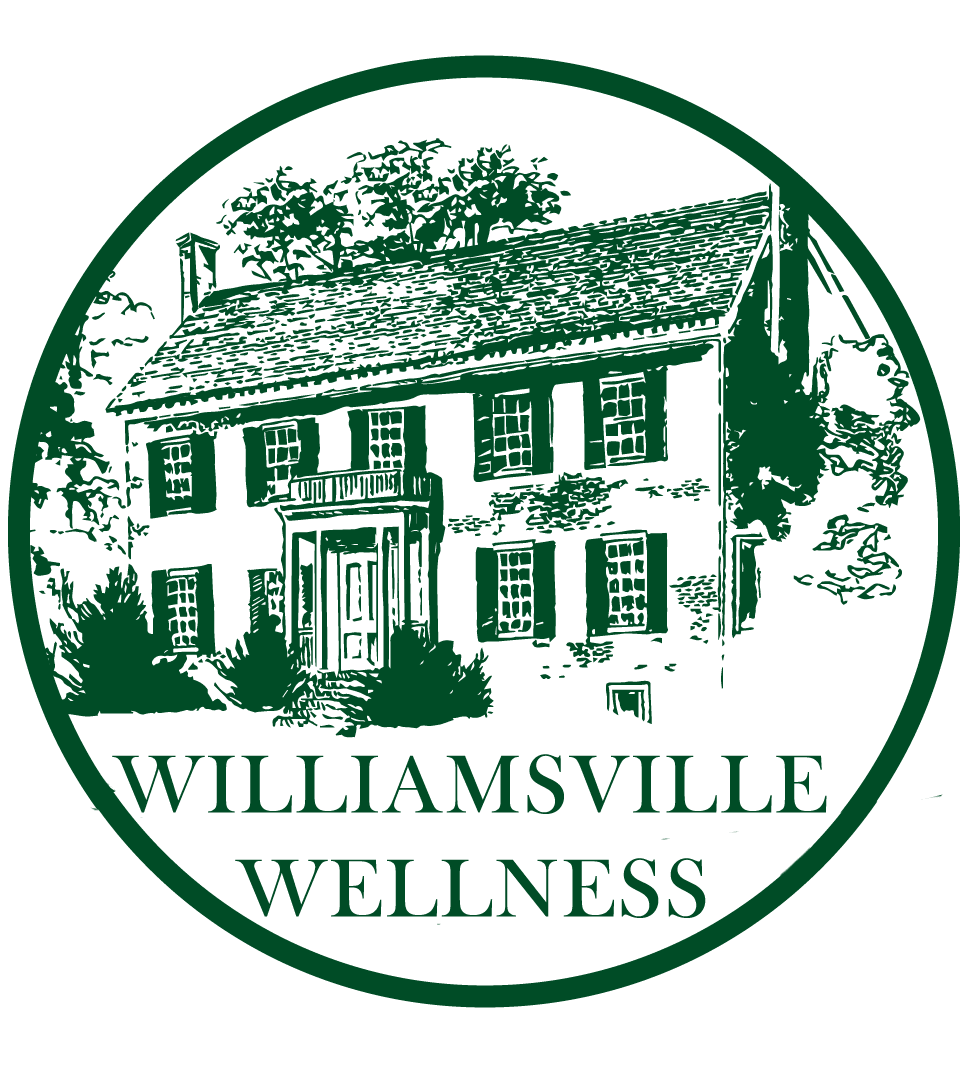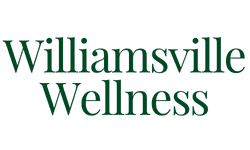Supporting Your Loved One Through Addiction
A comprehensive guide for family members and friends who want to help someone they care about overcome active addiction while also protecting their own well-being
🚨 Need Immediate Help?
If your loved one is in crisis or you need immediate support:
Crisis Hotline: 988 (Suicide & Crisis Lifeline)
Al-Anon Family Support: 1-757-563-1600
Nar-Anon Family Groups: 1-818-773-9999
Understanding Addiction from a Family Perspective
Knowledge is power when it comes to supporting someone with addiction. Understanding the nature of addiction helps you respond with compassion rather than judgment.
It's a Brain Disease
Addiction fundamentally changes brain structure and function, affecting areas responsible for decision-making, impulse control, and judgment. This isn't about weakness or moral failure—it's about brain chemistry.
It's Chronic but Treatable
Like diabetes or heart disease, addiction is a chronic condition that requires ongoing management. Recovery is absolutely possible with proper treatment, support, and commitment.
It Affects Everyone
Addiction impacts the entire family system. Parents, siblings, children, and close friends all experience stress, confusion, and emotional pain when someone they love struggles with addiction.
Recovery is Possible
With proper support, treatment, and commitment, people can and do recover from addiction. Your role as a supportive family member or friend can be a crucial part of their recovery journey.
Remember the 3 C's:
- You didn't CAUSE it - Addiction has complex roots including genetics, trauma, and brain chemistry
- You can't CONTROL it - Only the person with addiction can choose recovery
- You can't CURE it - Professional treatment and ongoing support are typically necessary
Recognizing the Warning Signs
Early recognition can make a significant difference. As someone close to them, you may notice changes before they do.
Behavioral Changes
- Withdrawing from family activities and social events
- Lying about whereabouts or activities
- Neglecting work, school, or family responsibilities
- Sudden changes in friend groups
- Secretive phone calls or text messages
- Unexplained absences or disappearances
Financial Red Flags
- Frequent requests for money with vague explanations
- Missing money, valuables, or prescription medications
- Unexplained financial problems or debt
- Selling personal belongings
- Borrowing money from multiple sources
Physical & Emotional Signs
- Changes in appearance or personal hygiene
- Unexplained weight loss or gain
- Bloodshot eyes, dilated pupils, or tremors
- Extreme mood swings or personality changes
- Increased anxiety, depression, or irritability
- Sleep pattern disruptions
Relationship Warning Signs
- Becoming defensive when questioned about behavior
- Blaming others for their problems or circumstances
- Making promises they repeatedly break
- Manipulating family members to get what they want
- Creating drama or crises to distract from their addiction
- Isolating from family members who express concern
Trust Your Instincts
If something feels "off" about your loved one's behavior, don't ignore it. While these signs don't automatically mean addiction, they warrant attention and possibly professional evaluation.
How to Help Without Enabling
The line between helping and enabling can be confusing. Learn how to provide support that encourages recovery rather than perpetuating addiction.
Helpful Actions
- Research treatment options and have information ready
- Offer to drive them to appointments or meetings
- Learn about addiction and recovery processes
- Attend family sessions when invited
- Celebrate recovery milestones and achievements
- Maintain hope and express your love consistently
- Connect with other families in similar situations
Enabling Behaviors to Avoid
- Giving money without knowing how it will be used
- Making excuses for their behavior to others
- Covering up consequences of their addiction
- Lying to protect them from natural consequences
- Doing things they should be doing for themselves
- Ignoring the problem and hoping it goes away
- Threatening consequences you won't follow through on
The Goal is Recovery, Not Comfort
Sometimes the most loving thing you can do is allow your loved one to experience the natural consequences of their choices. This can be incredibly difficult, but it's often necessary for them to recognize they need help.
Effective Communication Strategies
How you communicate can significantly impact your relationship and their willingness to seek help.
Communication Do's
- Use "I" statements: "I feel worried when..." instead of "You always..."
- Choose the right time - when they're sober and calm
- Listen without judgment or immediate advice
- Express love while addressing the behavior
- Be specific about concerning behaviors you've observed
- Stay calm and avoid emotional outbursts
- Focus on how their addiction affects you and the family
Communication Don'ts
- Don't lecture, preach, or give long speeches
- Don't argue with them when they're under the influence
- Don't use labels like "addict" or "junkie"
- Don't make threats you're not prepared to follow through on
- Don't bring up past mistakes during current discussions
- Don't try to reason with them when they're intoxicated
- Don't take their words personally when they're using
Sample Conversation Starter:
"I love you and I'm concerned about some changes I've noticed lately. I've seen [specific behavior], and I'm worried about your health and well-being. I want to support you in getting help if you're ready. Can we talk about this?"
Setting and Maintaining Healthy Boundaries
Boundaries protect both you and your loved one. They're not punishments—they're necessary limits that promote healing.
Financial Boundaries
- Don't give cash or access to credit cards
- Pay bills directly instead of giving money
- Remove them from joint accounts if necessary
- Don't pay legal fees related to addiction
- Secure valuables and important documents
- Consider changing locks if they've stolen from you
Home & Safety Boundaries
- No drug or alcohol use in your home
- No bringing drug-using friends to your home
- They must be sober to visit or stay
- No verbal or physical abuse will be tolerated
- Children's safety comes first always
- Set specific consequences for boundary violations
Emotional Boundaries
- You won't listen to manipulation or guilt trips
- You won't be responsible for their emotions
- You won't keep their addiction secret from other family
- You won't cancel your plans to deal with their crises
- You won't accept verbal abuse or disrespect
- You have the right to your own feelings and needs
Time & Energy Boundaries
- Set specific times when you're available to talk
- Don't drop everything for every crisis they create
- Limit how much time you spend discussing their addiction
- You have the right to say "no" to unreasonable requests
- Don't sacrifice your own commitments for their problems
- Take breaks from being their primary support person
Boundaries Require Consistency
Setting boundaries is only effective if you consistently enforce them. Be prepared to follow through on consequences, even when it's difficult. Inconsistent boundaries often make the situation worse.
Taking Care of Yourself
You can't pour from an empty cup. Taking care of your own physical, emotional, and mental health is essential for everyone involved.
Emotional Self-Care
- Join a support group like Al-Anon or Nar-Anon
- Consider individual therapy or counseling
- Practice stress-reduction techniques (meditation, yoga)
- Keep a journal to process your emotions
- Allow yourself to feel angry, sad, or frustrated
- Don't isolate yourself from friends and activities
Physical Self-Care
- Maintain regular exercise and physical activity
- Eat nutritious meals and stay hydrated
- Get adequate sleep (7-9 hours per night)
- Limit alcohol and avoid using substances to cope
- Schedule regular medical check-ups
- Take breaks and practice relaxation
Practical Self-Care
- Maintain your own interests and hobbies
- Set aside time for activities you enjoy
- Keep up with work and other responsibilities
- Nurture relationships with supportive people
- Learn about addiction and recovery
- Create a safety plan for crisis situations
Protective Self-Care
- Set clear boundaries about what you will and won't do
- Don't take responsibility for their recovery
- Protect your financial security and assets
- Know when to step back and let professionals help
- Have a support network you can rely on
- Remember that you can't save someone who doesn't want to be saved
Self-Care Isn't Selfish
Taking care of yourself isn't abandoning your loved one—it's ensuring you have the strength and clarity to provide appropriate support over the long term. You matter too.
Support Resources for Families
You don't have to navigate this journey alone. These resources provide support, education, and guidance for families affected by addiction.
Family Support Groups
Al-Anon Family Groups
For families affected by alcoholism
Phone: 1-757-563-1600
Website: al-anon.org
Nar-Anon Family Groups
For families affected by drug addiction
Phone: 1-818-773-9999
Website: nar-anon.org
Crisis & Information Lines
SAMHSA National Helpline
24/7 treatment referral service
Phone: 1-800-662-HELP (4357)
Crisis Text Line
Text HOME to 741741
National Suicide Prevention Lifeline
Phone: 988
Professional Treatment
Williamsville Wellness
Comprehensive addiction treatment with family support services
Phone: (804) 655-0094
We offer family sessions, education programs, and ongoing support to help families heal together during the recovery process.
Educational Resources
Partnership to End Addiction
Comprehensive family resources and guides
Website: drugfree.org
SMART Recovery Family & Friends
Tools and support for family members
Website: smartrecovery.org/family
Additional Online Resources
- National Institute on Drug Abuse: drugabuse.gov - Research and information
- Substance Abuse and Mental Health Services Administration: samhsa.gov - Government resources
- Families Anonymous: familiesanonymous.org - Support for families of addicted individuals
- Learn About SAM: learnaboutsam.org - Science-based addiction information
Get Professional Support Today
Supporting a family member or friend through addiction recovery is challenging, but you don't have to navigate this journey alone. Professional guidance can make all the difference for both you and your loved one. Our family support services help everyone heal together during the recovery process with expert guidance and compassionate care.

